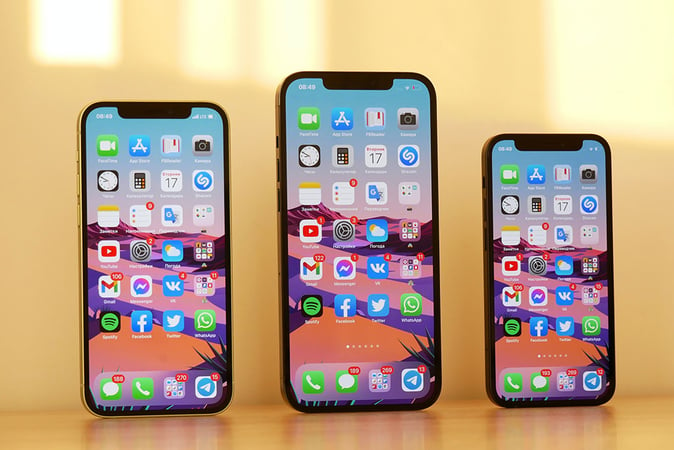This is not the first Chinese government ban on foreign technology. In 2014, the government banned Windows 8 from government computers, citing security risks.
China is asking its central government officials not to use Apple iPhones and other foreign-branded devices for work. This was contained in a report by the Wall Street Journal.
Before now, only officials in certain agencies could not use iPhones at work. However, it seems Beijing is stepping up its efforts to reduce dependence on foreign technology and ensure data security. The United States has made similar moves, restricting access to its chip technology and affecting companies like Huawei.
While it is not clear how widely the new directive has been circulated, reports suggest that the dissemination happened in recent weeks. Regardless, the directive is likely to affect millions of government employees
Apple iPhone Ban May Lead to Major Losses
If the ban is enforced, Apple is about to lose a major market for its product. Apple makes as much as 19% of its overall revenue from China. In just the third quarter of 2023, Apple reported $14.8 billion in revenue from Greater China. It also commanded a 10.9% market share in the second quarter.
In place of Apple iPhones, the Chinese government is promoting the use of its local brands. Officials working with the government are free to use brands like Huawei, Xiaomi, and Oppo. Consequently, these brands have been gaining an increased market share in China and abroad.
China Ban: Justified Data Security Moves?
This is not the first Chinese government ban on foreign technology. In 2014, the government banned Windows 8 from government computers, citing security risks. Later in 2019, China ordered all government offices and public institutions to replace foreign hardware and software with domestic alternatives.
As US-China relations worsen, both countries have become increasingly suspicious of one another. On one hand, China has accused the US of spying on its communications and sabotaging its innovations. On the other, the US has accused China of intellectual property theft and cyber hacks.
Again, China has been implementing new laws and regulations to tighten its control over data and technology. The government has introduced the Data Security Law, the Personal Information Protection Law, and the Cybersecurity Review Measures, among others. These laws mandate local storage of data, government approval for cross-border data transfers, and periodic security assessments for critical information infrastructure.
Justified or not, data security efforts and oversight of digital activities will only increase in China as its rivalry with the US worsens.
An experienced writer with practical experience in the fintech industry. When not writing, he spends his time reading, researching or teaching.




